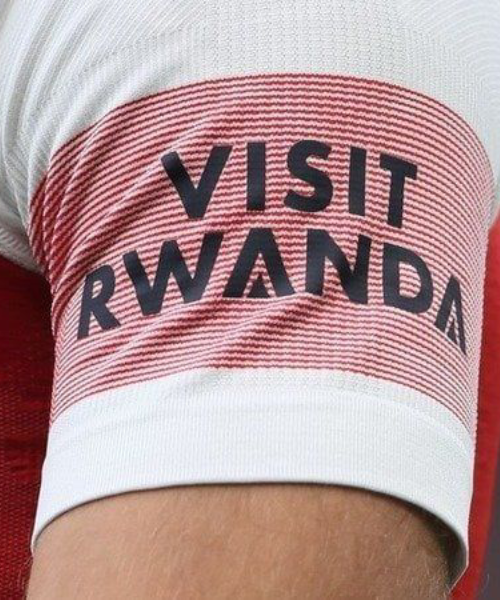Despite gang violence preventing home qualifiers, Haiti secured a 2026 World Cup berth with a 2-0 win in Curacao, inspiring fans across Port-au-Prince and Florida.
WILLEMSTAD, Curacao – In a moment of pure, unbridled joy that transcended the immense challenges back home, the Haitian national football team has ended a 52-year wait, booking its ticket to the 2026 FIFA World Cup with a commanding 2-0 victory over Curacao on Tuesday.
The historic win, sealed with second-half goals from rising stars, sparked celebrations not only in the stadium but across the Haitian diaspora, from the resilient streets of Port-au-Prince to the communities of Miami and Orlando.
This qualification is a testament to a team that has been forced to become a nation in exile. For over two years, the “Grenadiers” have been unable to play a true home match. Rampant gang violence and a deep-seated political crisis have made it impossible to host games at the Stade Sylvio Cator in Port-au-Prince, forcing the team to find “home” in neutral sites across the United States and the Caribbean.
Yet, this adversity forged a steelier resolve. Under the guidance of French coach Sébastien Migné, Haiti navigated a difficult qualification path, culminating in a must-win showdown in Curacao. After a tense, scoreless first half, the breakthrough came in the 58th minute, followed by a decisive second goal in the 81st, unleashing a wave of relief and euphoria from the traveling Haitian fans.
“The world sees the struggles of Haiti, but today they see our heart, our soul, and our football,” said team captain, his voice cracking with emotion. “We played for every single Haitian who has felt forgotten. We played for the children who dream of this moment. We are not just going to the World Cup; we are taking the spirit of Haiti with us.”
The triumph marks a return to football’s grandest stage for the first time since the 1974 World Cup in West Germany. That team, led by the legendary Emmanuel Sanon, captured global imagination with its flamboyant style. Now, a new generation has carved its own path to immortality.
Haiti’s football history is the richest in the Caribbean. The Fédération Haïtienne de Football, a FIFA member since 1934, has overseen a program that is the only one from the Caribbean to win a CONCACAF continental title, clinching the championship in 1973 to qualify for the following year’s World Cup. They also boast a CCCF Championship from 1957 and two CFU Caribbean Cup titles.
This victory provides a rare and desperately needed moment of national unity and pride for a country battered by natural disasters, political instability, and humanitarian crises. In the streets of Port-au-Prince, where the sounds of gunfire often dominate, they were replaced Tuesday night by the cheers of fans who poured out of their homes to celebrate, waving the red and blue flag and dancing in the streets.
“For one night, the gangs did not rule the streets; hope did,” said Marie-Lucie Baptiste, a resident of the capital who watched the match with her community. “This is more than football. This is a message to the world and to ourselves that Haiti is still alive.”
Coach Sébastien Migné, who masterminded the campaign, dedicated the win to the Haitian people. “The players showed incredible character,” Migné stated. “They carried the weight of a nation on their shoulders and turned it into power. This qualification is for Haiti. It is a symbol of what is possible.”
As the final whistle blew in Curacao, the players gathered on the pitch, holding a large Haitian flag aloft, a powerful image of triumph against the odds. The Grenadiers are now set to join the world’s best on the grand stage of the 2026 World Cup, co-hosted by the United States, Canada, and Mexico, ready to write a new chapter in their nation’s storied football history.











